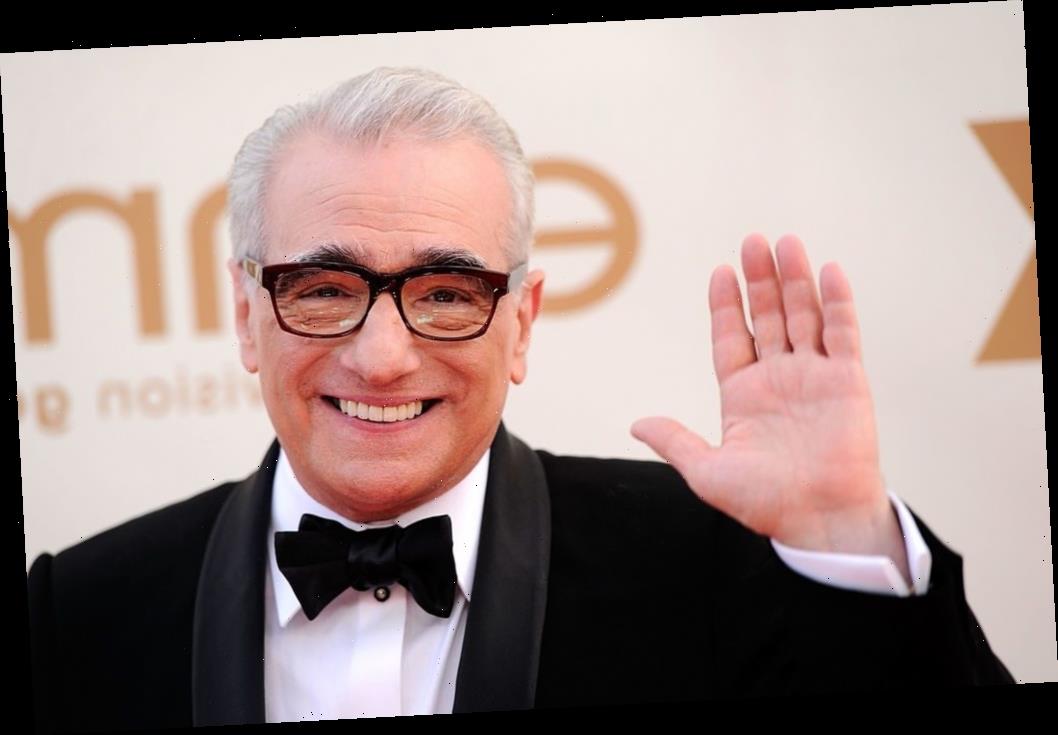The Irishman has dropped on Netflix to great acclaim, while Avengers: Endgame streams on Disney+ to great fanfare. And yet, even though both sides can claim victory, the Martin Scorsese vs. Marvel debate is still leaving a bad time in people’s mouths.
Many people thought that the famed director overreached when he said the Marvel movies were “not cinema,” even doubling down on his claims to the point that he wrote a lengthy editorial explaining his position. Meanwhile, the Russos had a new movie to promote, 21 Bridges, and so the battle raged on.
Martin Scorsese fans the Marvel flames
Once word got out that Scorsese said the MCU movies were not cinema, a parade of acclaimed directors all took Marvel to task to one degree or another. Godfather director Francis Ford Coppola said “despicable.” Spanish director Pedro Almodovar said they weren’t “sexy” enough. British director Ken Loach likened the Marvel movies to “cheeseburgers.”
Scorsese, himself, while not quite walking back the comments, insisted that he didn’t think the Marvel movies were badly made. He just feels they’re just not what he personally thinks of as cinema of people relating to each other on a human level.
However, he was concerned about the effect that Marvel and other giant franchises had on more personal intimate movies.
“The situation, sadly, is that we now have two separate fields: There’s worldwide audiovisual entertainment, and there’s cinema. They still overlap from time to time, but that’s becoming increasingly rare. And I fear that the financial dominance of one is being used to marginalize and even belittle the existence of the other,” the director wrote.
The Russo Brothers respond to Martin Scorsese
Joe and Anthony Russo, the only people to have directed more than two Marvel movies, basked in the success of Captain America: The Winter Soldier, Captain America: Civil War, Avengers Infinity War, and Avengers: Endgame. They took to defending their movie while promoting 21 Bridges, the movie they produced starring Chadwick Boseman.
“Ultimately, we define cinema as a film that can bring people together to have a shared, emotional experience,” Joe said to The Hollywood Reporter.
Anthony added: “The other way to think about it, too, is nobody owns cinema. We don’t own cinema. You don’t own cinema. Scorsese doesn’t own cinema.”
When a movie is as phenomenally successful as Endgame, that’s more than just money pouring in, they argued. It’s people responding emotionally. Not many movies could get people to cheer loudly with a character lifting a hammer, but Avengers: Endgame did it.
Who wins? Marvel and Scorsese
The debate, such as it is, between Marvel and Scorsese is one that comes down to some people liking “movies” and some people liking “films.” This isn’t the first time the debate has come up, and it won’t be the last. But it doesn’t have to be an either/or proposition.
No matter what he says or does, Scorsese’s position as a legendary director is forever secure. He has numerous classics under his belt, including but not limited to Taxi Driver, Raging Bull, Goodfellas, and The Departed. No one who is paying attention can dispute that he loves movies, with his bottomless reserve of film knowledge. His last name alone is a seal of quality. And he’s enjoyed rave reviews for his latest, The Irishman.
Meanwhile, the folks at Marvel can rightly celebrate a run of 23 movies in 11 years — most of the films have been hits — and mostly been at least good. Their run culminated in Avengers: Endgame opening to more than $300 million and becoming the new worldwide box-office champ. Marvel fans have almost two dozen films to love. Not even Star Wars can claim that. And no one is truly trying to take anything away from anyone.
Source: Read Full Article

